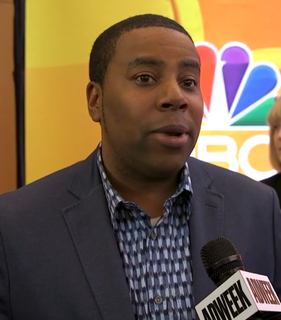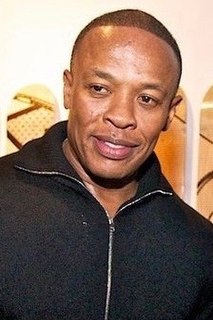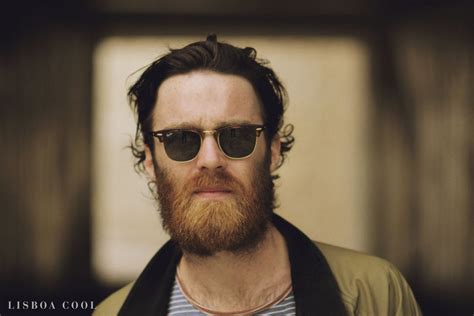A Quote by Garth Greenwell
I realized that there was an intellectual content in music, a kind of thinking, that I would never be able to hear.
Related Quotes
I'd rather call it "instrumental creative music," especially the music that I've been doing. If a person would hear that music, they would undoubtedly call it "jazz." There is this whole generation of musicians that are playing and thinking critically for themselves and making music that's relevant to today. I hope that's the objective of a lot of musicians.
What we're thinking about is a peaceful planet. We're not thinking about anything else. We're not thinking about any kind of power. We're not thinking about any kind of struggles. We're not thinking about revolution or war or any of that. That's not what we want. Nobody wants to get hurt. Nobody wants to hurt anybody. We would all like to be able to live an uncluttered life. A simple life, a good life. And think about moving the whole human race ahead a step, or a few steps.
It is possible to enjoy the Mozart concerto without being able to play the clarinet. In fact, you can learn to be an expert connoisseur of music without being able to play a note on any instrument. Of course, music would come to a halt if nobody ever learned to play it. But if everybody grew up thinking that music was synonymous with playing it, think how relatively impoverished many lives would be. Couldn't we learn to think of science in the same way?
All of my friends are really good dancers, which was initially why I never danced - we'd go out and they would kill it and I'd be like, "Yeah, I'm just gonna sit at the bar." I broke my foot, and I couldn't run for a year, but I realized I could kind of dance. It reminded me how amazing dance is; it's so in tune with music - it is music. It's a physical expression of whatever music is. On stage, you're interacting with things - physical things. So I've really started to like and notice the way people move with music.







































